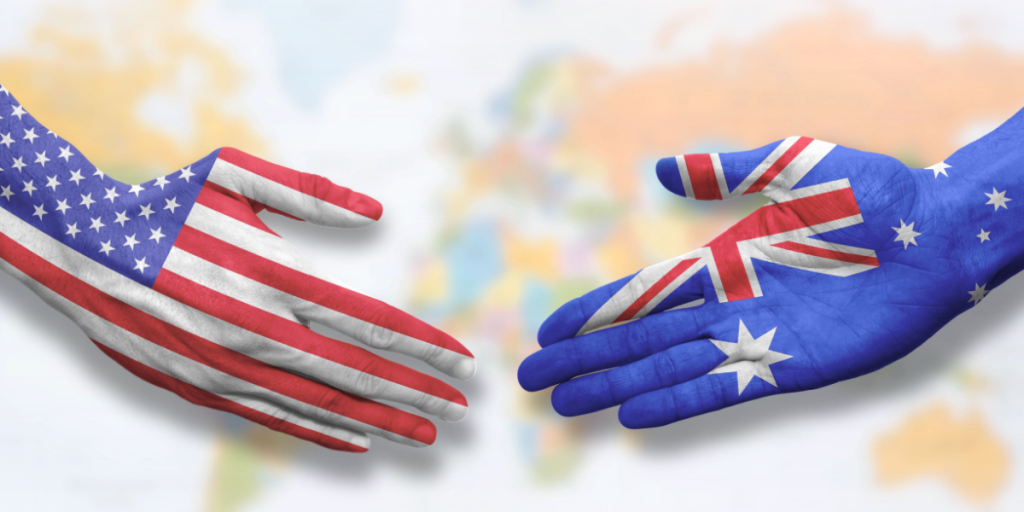The deal could redefine supply chains across the Indo-Pacific.
Others are reading now
China dominated discussions as U.S. President Donald Trump and Australian Prime Minister Anthony Albanese met in Washington, Reuters reports.
Both leaders described their newly signed critical minerals pact as key to countering Beijing’s influence in global supply networks.
The deal commits both countries to invest $1 billion each over the next six months in mining and processing projects, establishing a price floor for critical minerals. Trump hailed the partnership as a “pipeline ready to go,” while Albanese said the investment would unlock an $8.5 billion industry.
A White House statement said the plan targets deposits worth around $53 billion, aiming to ensure Western access to vital resources used in electric vehicles, aircraft engines, and defense technology.
Awkward moment
While the meeting was largely cordial, Trump couldn’t resist revisiting old remarks from Australia’s ambassador to the U.S., Kevin Rudd, who once called him “the most destructive president in history.” According to Reuters, upon spotting Rudd, Trump quipped, “I don’t like you either, and I probably never will.”
Also read
The exchange drew brief laughter but did not overshadow the broader focus of the talks. Albanese later described the meeting as “productive and forward-looking,” emphasizing the shared goal of strengthening supply chains and regional security.
Big money moves
The U.S. Export-Import Bank followed the summit with a major announcement — more than $2.2 billion in financing support for seven Australian mining companies, including Arafura Rare Earths, Northern Minerals, and Sunrise Energy Metals.
The projects span materials vital to defense systems, aerospace components, and advanced communications. EXIM said the funding would help rebuild America’s high-tech manufacturing capacity while reducing dependence on Chinese exports.
Separately, the Pentagon confirmed plans to construct a gallium refinery in Western Australia, following China’s decision last year to block gallium exports to the United States.
Submarine backing
Trump also gave strong backing to the AUKUS nuclear submarine deal, a pact originally negotiated under President Joe Biden. The $239 billion arrangement will see Australia acquire U.S. submarines by 2032 before co-developing a new class with the United Kingdom.
Also read
Despite earlier reviews of the agreement, Trump said it was now moving “full steam ahead.” Australian officials noted that Canberra is contributing $2 billion this year to U.S. shipyard expansion and preparing to host Virginia-class submarines by 2027.
Navy Secretary John Phelan told the meeting that both countries are improving the framework to address earlier uncertainties, while Trump said only “minor details” remained to be finalized.
Resource-rich Australia hopes the agreement will expand its role as a leading supplier of rare earths and lithium. Trump predicted that within a year, “we’ll have so much critical mineral and rare earths that you won’t know what to do with them.”


